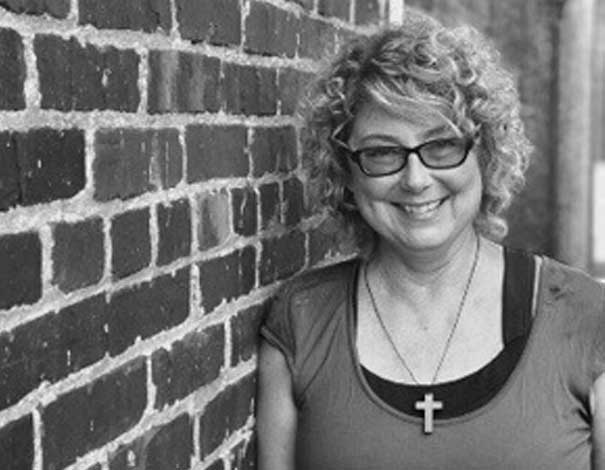Jodi, transplant recipient
Have you worried about the future? Felt anxious waiting for biopsy results? Or had persistent thoughts about graft-versus-host disease (GVHD)? You’re not alone. Sometimes anxiety is helpful. For example, a little bit of worry about infection after transplant can be a reminder to wash your hands. But too much worry about infection can slow your recovery if it limits your normal daily activities.
Symptoms of anxiety
- Difficulty falling or staying asleep
- Dizziness
- Feeling so restless you can’t sit
- Irritability
- Muscle tension
- Nervousness
- Trouble concentrating
- Upset stomach
Explore different ways to manage anxiety to find what works best for you
There are several ways to help manage anxiety. Sometimes anti-anxiety medicines can help. There are many other types of interventions, coping mechanisms and resources that can help you as well. For example, you could:
- Go for a walk.
- Meditate.
- Do short breathing or relaxation exercises. Find some on YouTube.
- Listen to soothing music.
- Talk to someone you trust, or even a pet, about how you feel.
- Get support through free Be The Match Counseling Services.
If you’re not sure how to start talking about anxiety, use these conversation starters:
- “I haven’t been feeling like myself lately. I’m concerned my anxiety is getting out of control.”
- “What do you recommend so I don’t feel worried all of the time?”
One woman’s experience with anxiety after transplant
Jodi had a transplant in 2017 for myelofibrosis. She described coping with uncertainty as one of the hardest parts of recovery. “There’s constant worry and recurring thoughts of what my future will look like and whether the GVHD will ever disappear. It’s like a snowball effect,” said Jodi.
Sometimes certain events triggered higher anxiety levels. For example, she was more worried anytime she needed a bone marrow biopsy. “I was anxious for the whole week,” she said. Other times, her GVHD medicine, prednisone, heightened her anxiety.
Jodi did several things to help ease her mind, including talking with a supportive group of loved ones and practicing yoga. Having a mantra, or phrase to repeat, helped her through some of the toughest parts of recovery. “Whenever my mind starts to wander, the mantra keeps me from drifting into negative thoughts,” she said.
Jodi’s mantra
“I am healing.
My cells are soaring like eagles to normal.
I am getting stronger every day.
I am healing.”
Jodi’s advice is to talk to someone. “Communication is key. If you sit in your worries and let them grow, it’s not going to get better. Be proactive. Talk to a counselor,” she said.
For free, confidential support, contact Be The Match Patient and Caregiver Emotional Support (PACES):
Call: 1 (888) 999-6743
Email: patientinfo@nmdp.org
Visit: BeTheMatch.org/PACES

